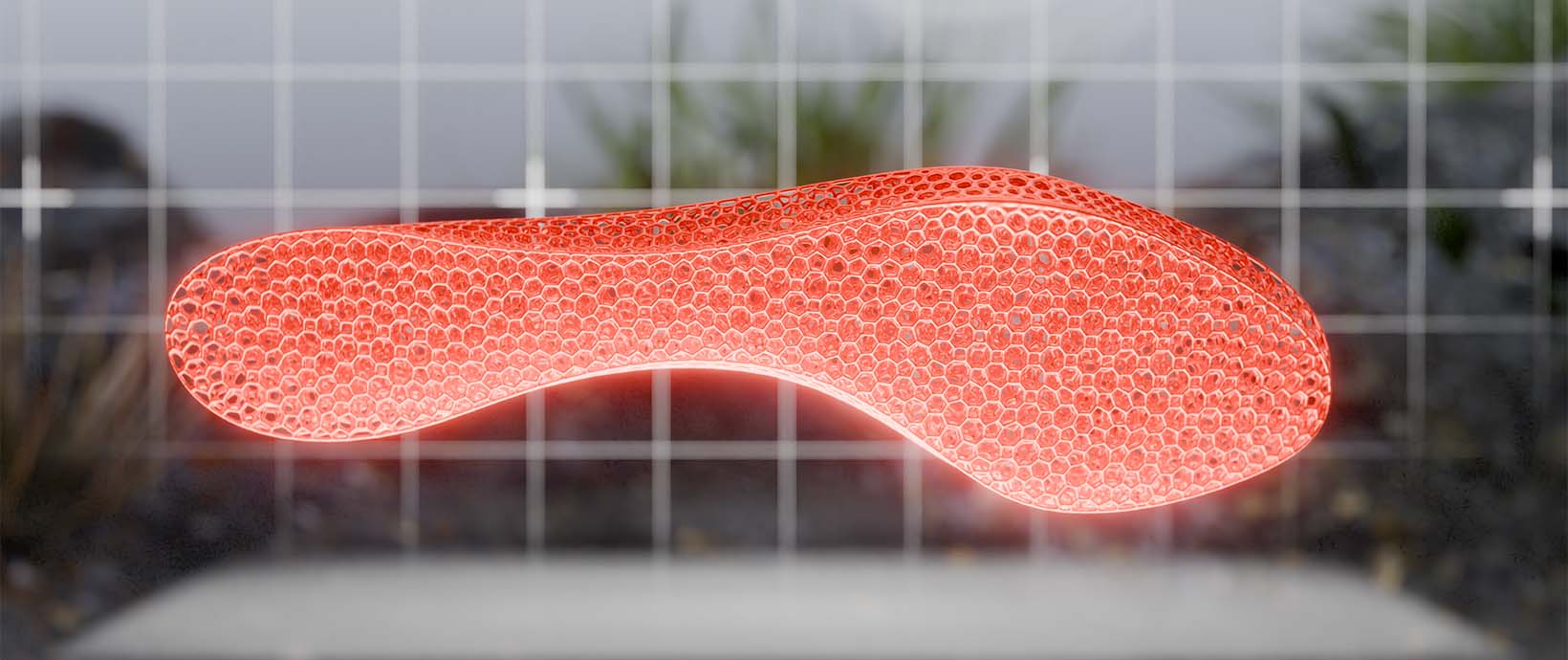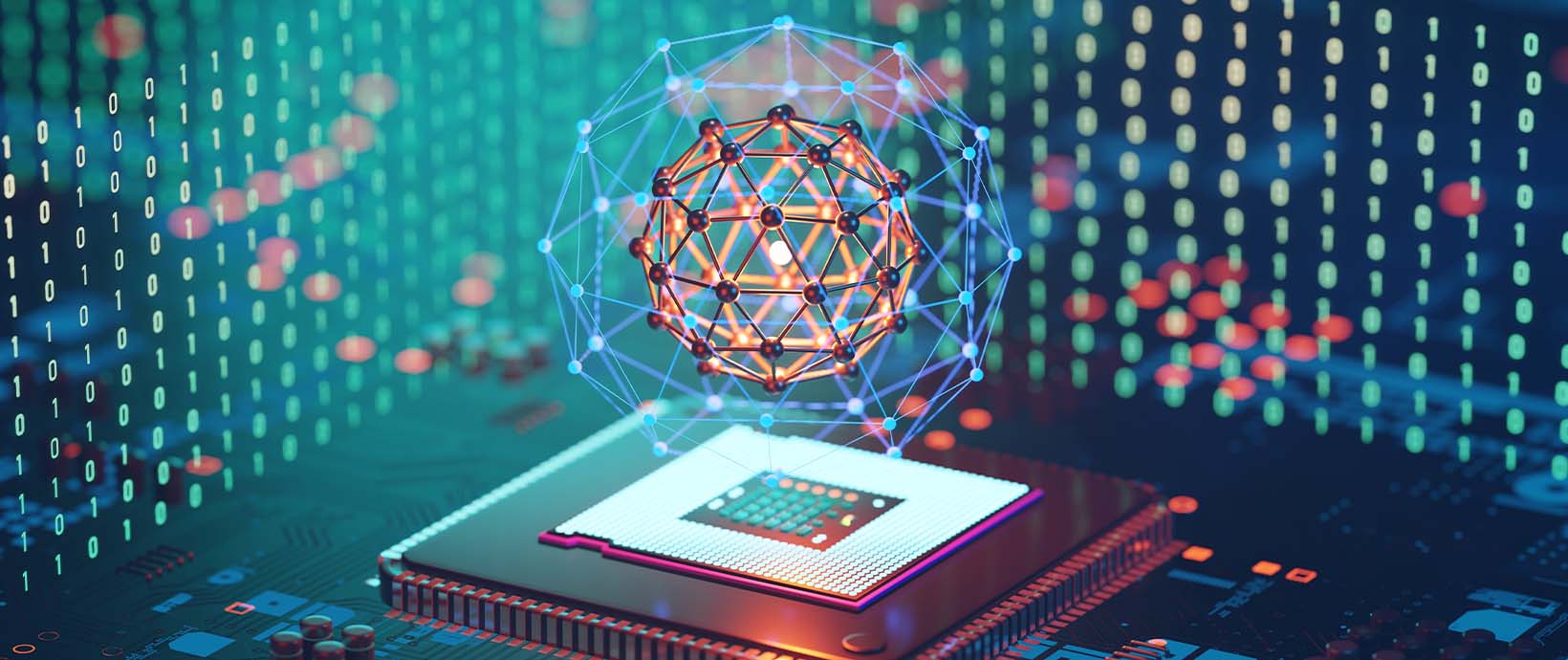Future Says S3E2: Building Bridges Toward a Better Future
As mentioned in Future Says Series 3’s kickoff article, this series will spotlight professionals who have unique, multi-faceted backgrounds in both engineering and artificial intelligence (AI) that give them special insight into these rapidly converging fields. In episode two of Series 3, host Sean Lang spoke to Geertrui Mieke De Ketelaere, who is an adjunct professor of sustainable, ethical, and trustworthy AI at Vlerick Business School, and also serves as a strategic AI advisor for imec.
Since AI can improve our lives and help us develop better, more sustainable, and more responsible ways of living, De Ketelaere emphasized the need to educate people on the basics of AI.
De Ketelaere says that AI is exceptional at solving four types of problems, those that are “dull, dangerous, difficult, and dirty.” This is because AI is great at finding and organizing patterns, correlations, and causalities that humans can’t glean (or don’t have the time to glean) from immense piles of raw data. Of course, data quality will dictate how well AI can solve a given problem, but De Ketelaere says that these problems – everywhere today due to the ubiquity of data – are where AI shines. “[In data], there are things we don’t see. AI can help us augment our intelligence, the way we look at data, and make the unseen visible,” she says.
But an AI strategy’s success often depends heavily on how it’s implemented and maintained, De Ketelaere says. If only one team or individual within an organization understands how AI models and algorithms work, then it puts immense pressure on that team or person not only to execute a successful AI strategy, but to communicate their operations as well. Ideally, she says, there should be many teams within an organization that have a basic understanding of AI and how to use it. She compares the goal of this understanding to a common piece of technology – microwaves. She says that even if most people don’t understand the physics and thermodynamics behind microwaves, they still understand how to use them safely and effectively; that is, people know what is and isn’t safe to microwave and about how long it takes to prepare something. If multiple teams within an organization have the same conceptual knowledge regarding basic AI principles and models, teams can communicate better and better implement new strategies.
But most importantly, every organization should strive to have individuals or small teams that can serve as “AI translators,” people who can serve as the bridge between the technical and business sides of an organization. “For a lot of businesspeople, as soon as they hear the word ‘technology,’ they start looking at their phone. When technical people hear the word ‘business,’ they don’t know what to do with it,” she says. “I’m generalizing things, but having a neutral person in the middle can make sure these bridges are created. And if this person can report directly to the C-level, then you really have people collaborating and talking.”
The most important skills for “AI translators” in De Ketelaere’s eyes? Social and interpersonal ones. Without these “soft skills,” she says, it’s nearly impossible to build strong connections between people and teams. In her view, these skills are even more important than having profound technical knowledge. “I’m going to be very direct here – the social skills are the most important ones because with them you can see when someone isn’t understanding something or if there’s tension between teams,” she says. “This is much more important to me than being a deep-dive expert.”
De Ketelaere knows that there’s still a long way to go, but she’s optimistic that these bridges – built both internally within organizations and externally to everyday people – will emerge in the coming years. After all, the industry is still new and growing. She compares it to the medical field, saying “Before you see a specialist, you see a generalist. In this case, the AI translator would be the generalist. Of course, the medical world has had 3,000 years to get this idea down while we’ve only had about 70 [in the computing world].” Her idea of teamwork and democratized knowledge is something we’ve heard multiple times throughout the first two seasons of Future Says.
Alongside her emphasis on ethical AI, De Ketelaere is also still passionate about the engineering domain and the increasing convergence between domain knowledge and AI. She’s working with imec – a research center focused on nanotechnologies and digital technologies located in Belgium – on highly complex sensor fusion methodologies and energy optimization techniques. “At imec we work on an approach called Hybrid AI, where we have knowledge-driven systems digitalized and combine it with a data-driven system. So, for example, with data coming from different sensors. And it's a combination of the two that will actually bring the intelligence forward,” she says.
To conclude, she ends on a high note, one that reminds her of why she entered the industry. “I’m still very much a fan of AI – I get thrilled when I see new devices and applications,” she says. “What motivates me is making sure people continue to embrace the technology in a more balanced way.” For the wider engineering community, she also ends with a rallying call. “Engineers have one dream, and that’s to fix problems with technology,” she says. The sooner they lead from the front in their organization’s AI efforts, the faster their companies will realize the potential of AI we’ve heard so much about.
Click here to watch the full interview with host Sean Lang and guest Geertrui Mieke De Ketelaere and to get all the latest from Future Says Series 3.




